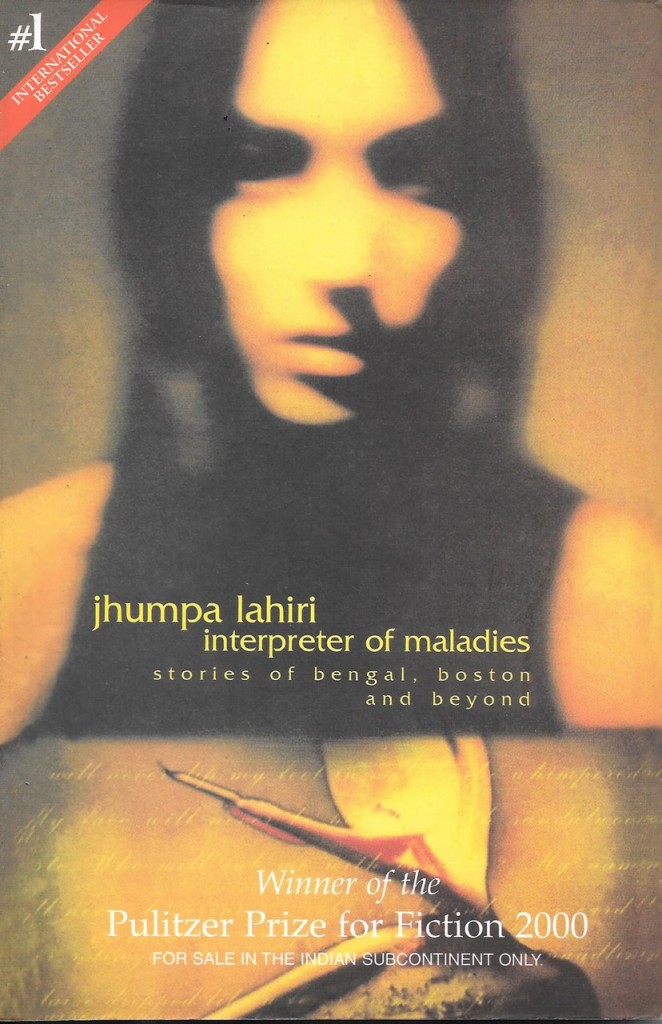

Lahiri has subsequently gone on to win many awards, had her work made into movies, and has been involved with writers’ organisations and festivals. Her writing was rejected for many years before The Interpreter of Maladies was released in 1999. She moved to the United States when she was two, and grew up in the suburbs before studying in New York and Boston. Lahiri’s own story incorporates several of these themes: she was born in London in 1967 to Bengali parents who had migrated from Calcutta. Lahiri’s work could be read as being focused on the issue of language and identity, amongst other concerns such as migration, family, social relations, place, and belonging. In approaching these issues, I will look at how realism is made, the role of the tourist, and the archipelagic relations of place in Lahiri’s writing. It is useful to think through Lahiri’s own perspectives on writing, to read the title story with historical attentiveness, and to suggest some of its implications for world literature today. The book went on to sell 600,000 copies and won the Pulitzer Prize in 2000. It was twenty years ago when Jhumpa Lahiri published her landmark book of short stories, The Interpreter of Maladies. Billed Into Silence: Money and the Miseducation of Women.


 0 kommentar(er)
0 kommentar(er)
